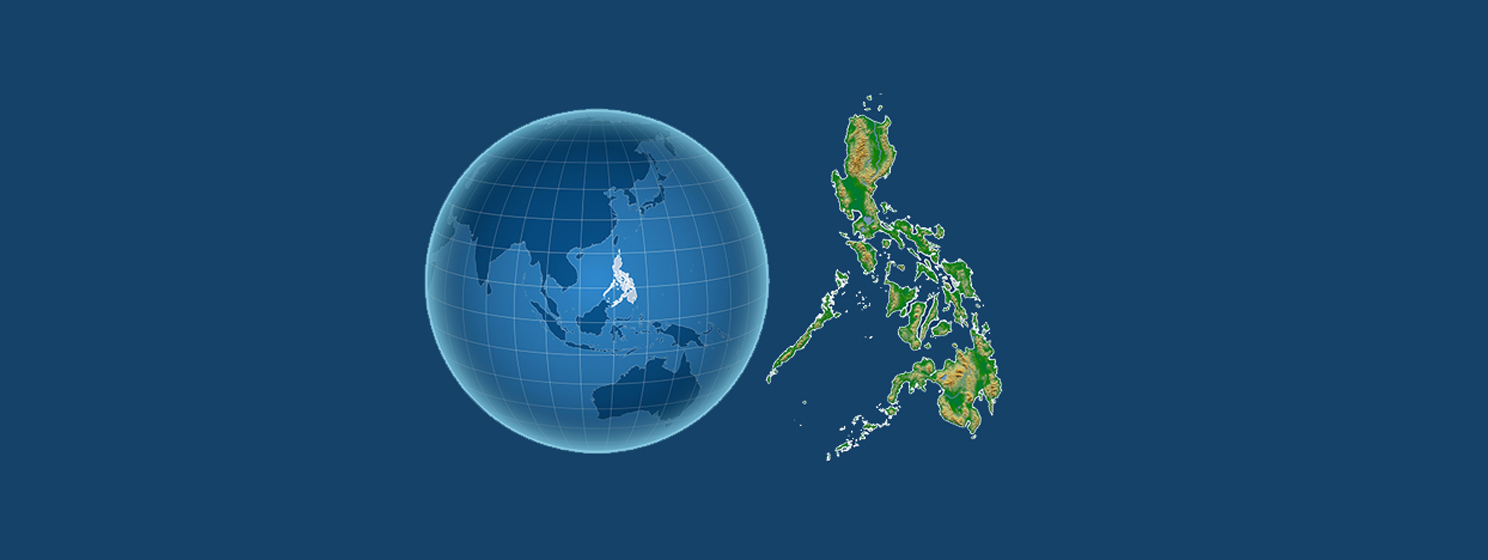|
Getting your Trinity Audio player ready...
|
The Philippine government has allocated PHP70 million ($1.2 million) in its 2025 national budget to support the Technical Education and Skills Development Authority’s (TESDA) digital transformation and adoption of artificial intelligence (AI). Senator Win Gatchalian, a vocal proponent of the initiative, emphasized its importance in enhancing technical-vocational education and training (TVET).
“I believe that accelerating digital transformation and the adoption of artificial intelligence is the way forward when it comes to education, including TVET,” Gatchalian stated in a press release. “By investing in TESDA’s AI adoption and digital transformation, we hope to become more efficient in producing skilled workers that respond to the needs of our economy.”

The budget is earmarked for three key projects: PHP40 million ($689,708) for an AI-powered TVET course builder, PHP20 million ($344,854) for an Internet of Things (IoT) training system, and PHP10 million ($172,427) for an AI-powered Labor Market Information (LMI) system. These initiatives aim to modernize TESDA’s programs, align them with industry demands, and prepare the workforce for the rapidly evolving job market.
AI-powered innovations for TVET
The AI-driven TVET course builder will automate the creation of training materials, reducing reliance on human resources. This technology will standardize course content, assessments, and competencies, ensuring alignment with industry standards. Moreover, it will enable the nationwide scaling of TVET programs to address the growing demand for skilled workers.
The IoT training system is designed to equip students with skills in operating, programming, and maintaining IoT devices, preparing them for careers in fields such as industrial automation, healthcare, and agriculture.
Additionally, the AI-powered LMI system will offer data-driven insights into workforce trends, helping educational institutions tailor their programs to meet emerging industry needs. This system will also assist policymakers in addressing labor market gaps.
Supporting the National AI Strategy
TESDA’s initiatives align with the Philippines’ National AI Strategy Roadmap 2.0 (NAISR 2.0), launched earlier this year to position the country as a leader in AI innovation and drive economic growth. The roadmap focuses on fostering an ethical AI ecosystem, advancing research, and integrating AI into critical sectors such as healthcare, agriculture, and education.
Department of Trade and Industry (DTI) Secretary Fred Pascual emphasized the importance of collaboration to achieve these goals.
“The success of NAISR 2.0 is anchored on implementing a whole-of-nation approach,” Pascual said, underscoring the need for partnerships among government, industry, and academia.
The roadmap addresses challenges such as limited AI use cases, resource constraints, and regulatory uncertainties. By overcoming these hurdles, the Philippines aims to leverage AI to boost productivity and competitiveness across various sectors.
Philippines: A digital economy leader in Southeast Asia
The investment in TESDA comes as the Philippines was identified as Southeast Asia’s fastest-growing digital economy in 2024, with a gross merchandise value (GMV) of $31 billion, according to Google’s (NASDAQ: GOOGL) e-Conomy SEA Report. The report, created with Temasek and Bain & Company, cited a $21 billion e-commerce sector, where video commerce contributes 20%, and digital financial services (DFS), which lead the region with $125 billion in transaction value.
Online media, travel, and transport also showed significant growth, collectively contributing billions to the economy. Despite these advancements, the Philippines trails behind Vietnam and Singapore in investor preference, with only 60% of investors favoring the country. Efforts to improve investment appeal include enhanced regional cooperation and capital market development.
AI and blockchain adoption on the rise
In addition to its digital economy gains, the Philippines leads Southeast Asia in AI adoption, with a 23% surge in interest, far exceeding the regional average of 11%. The country ranks among the global top 10 in AI-related searches, with enthusiasm for the technology spreading beyond Metro Manila.
Bennett Aquino, Partner at Bain & Company, noted that while the Philippines lags behind in blockchain adoption compared to other digital financial services, it holds significant potential.
“If the fundamentals are correct, that should be the future,” Aquino said, highlighting the need for backend improvements such as connectivity and software upgrades to ensure blockchain systems meet modern standards.
Driving innovation and economic growth
The government’s investment in TESDA and its broader digital transformation strategy reflect a commitment to preparing the Philippines for a tech-driven future. DTI Undersecretary Mary Jean Pacheco highlighted the role of the government’s collaborative approach in driving innovation and economic progress during the launch of the e-Conomy SEA report.
As the Philippines advances in AI and digital technologies, it positions itself as a leader in the region, with a focus on creating a skilled workforce, fostering innovation, and sustaining economic growth. This momentum addresses immediate labor market needs and sets the stage for long-term competitiveness in the global digital economy.
In order for artificial intelligence (AI) to work right within the law and thrive in the face of growing challenges, it needs to integrate an enterprise blockchain system that ensures data input quality and ownership—allowing it to keep data safe while also guaranteeing the immutability of data. Check out CoinGeek’s coverage on this emerging tech to learn more why Enterprise blockchain will be the backbone of AI.
Watch: The Philippines is at the forefront of blockchain tech adoption

 02-21-2026
02-21-2026 




